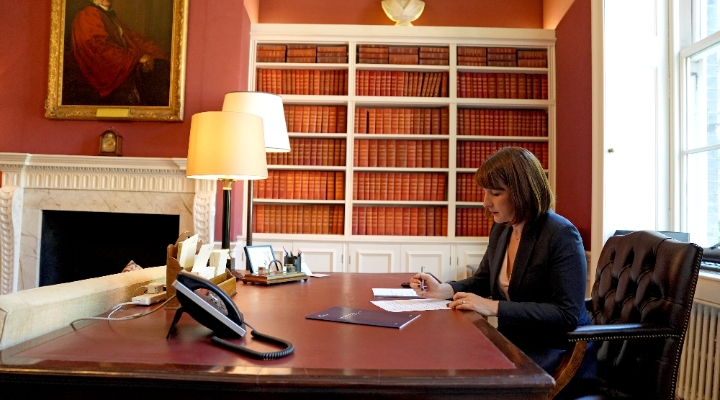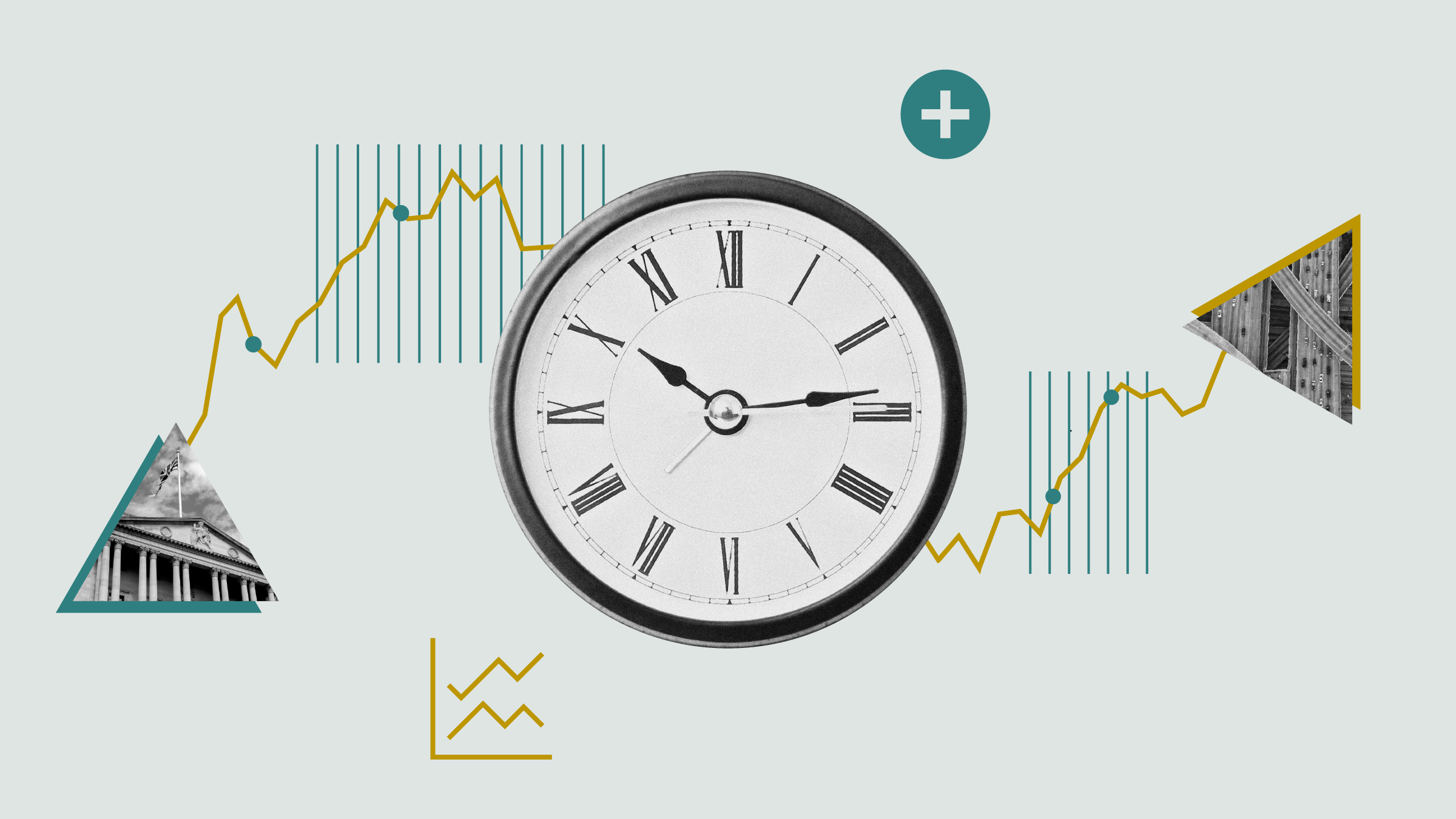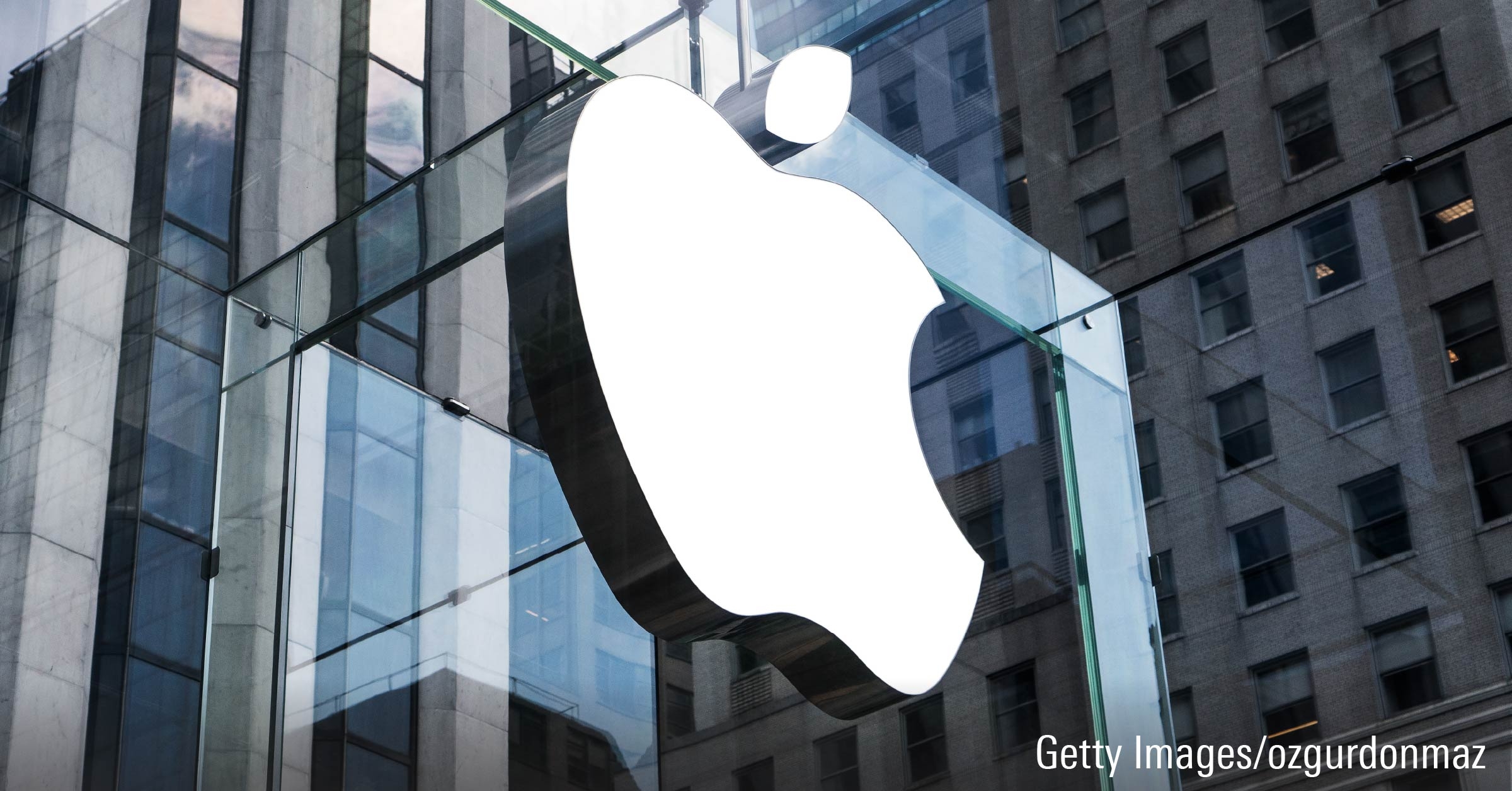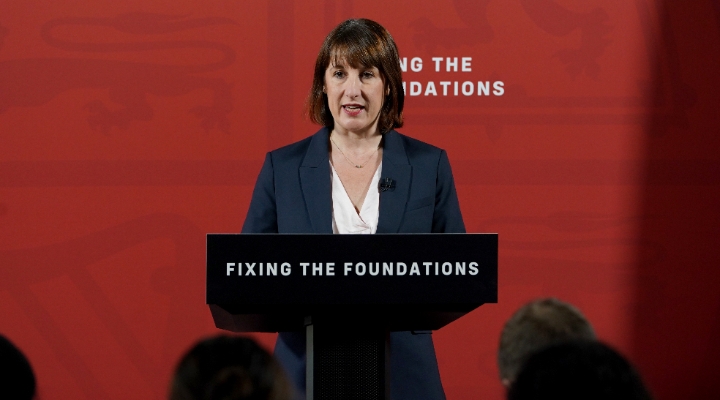Pensioners have seen the value of their property grow by £33 billion in the last six months alone, meaning that retired homeowners now have a property portfolio worth £861 billion in the UK.
Thanks to falling interest rates and bond yields, income on cash and bonds has become ever more squeezed, while the rising property market has earned the average pensioner nearly £1,200 a month – far outstripping the majority of retirees' annuity payments or pension income.
According to Key Retirement, since January 2010 property owned by pensioners has increased by £81.27 billion, this equates to £17,323 each. The housing market was damaged by the credit crisis, with properties across the UK losing significant value. While homes in London and the South East were relatively quick to recover, in the last few months property values in more troubled regions such as Wales have climbed back up to pre-recession levels.
What to Do with Property Gains
Key Retirement has found that the boom in property prices has led to a greater number of homeowners releasing wealth from their homes, with a total of £1.38 billion in property equity released last year. The average homeowner released £64,800 from their home – a considerable boost to any retirement income. But what are pensioners spending this windfall on?
According to Prudential’s latest 'Class of 2015' research, this cash could be being passed onto dependents, as it is revealed that despite the squeeze on retired households the average pensioner pays out nearly £250 a month to financially support their family. This gifting is eating into inheritance plans – as the report found just 29% of pensioners plan to leave an inheritance compared to 52% in 2011.
Stan Russell, retirement income expert at Prudential, revealed that pensioners were helping ease the financial pressures faced by their children and grandchildren – from buying a home to education costs.
"Financial commitments to family members no longer end when retirement starts," he said. "A large proportion of this year's retirees will be providing support to their families through one form or another and as a result they will see their retirement incomes squeezed."
Don't Confuse Your Home with an Investment
Property may make up a sizable proportion of an individual's total assets, but overdependence on property for financial security is a risky bet.
A survey conducted by Barings Asset Management found that the number of people saying they plan to sell or downsize a property to fund all of their retirement has doubled. Five million homeowners admit that they are dependent on their primary residence to provide a pension, and a worrying proportion say they have few other assets.
The housing market may have the ability to surprise on the upside but relying on your house to provide financial support to your family, an inheritance and a pension puts too many eggs in one basket.
Morningstar's co-head of investment consulting Dan Kemp warns that homes fail almost all of the requirements of a sensible investment strategy, yet they inspire extraordinary confidence among investors, especially those in the South East of the UK, due to the price rises that have been witnessed over the last two decades.
"The curse of a housing boom is that it leads homeowners to confuse their home with an investment," warns Kemp. "To illustrate the problem with this approach, consider how our regulator would react to an investor being advised to undertake a huge leveraged investment into a single illiquid asset with high transaction costs and unlimited personal liability."
While investors should not entirely negate the value of their home when considering their investment portfolio as a whole, property should be treated as a single asset exposure alongside which investors should strive to build a well-diversified long-term portfolio. Taking advantage of tax-efficient savings plans - such as ISAs, SIPPs and especially Workplace Pensions where you benefit from employer contributions - can help ensure that you are not left overexposed to the whim of the property market.





























